Swiss lab stays silent on Lavrov poison claims
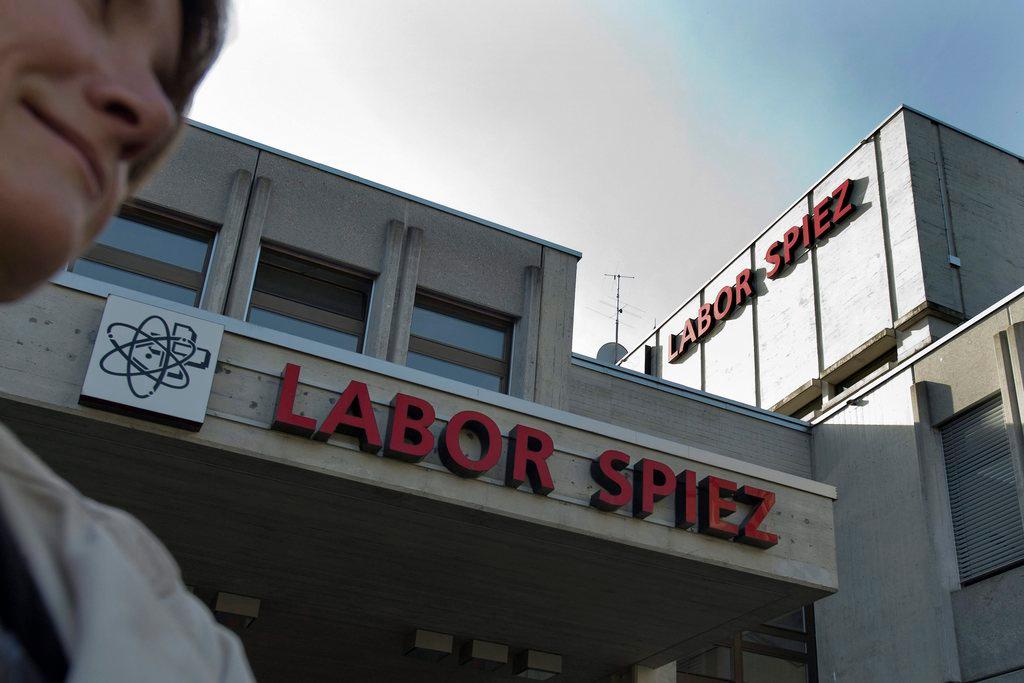
Russian Foreign Minister Sergei Lavrov says a Swiss laboratory has found that the nerve agent used to poison former Russian spy Sergei Skripal in Britain could be a substance never produced in the Soviet Union or Russia. The Swiss lab has declined to comment on Lavrov’s claims.
Lavrov said he had received confidential information from the laboratory in SpiezExternal link which he said had analysed a sample of the poison.
He said the documents pointed at a Western-designed nerve agent, the so-called BZ substance, as a likely cause of the poisoning, thus excluding Russian involvement in the attack on Skripal and his daughter on March 4. Both are recovering.
+ Bern rejects joint Russian probe into Skripal case
The substance had been part of the United States’ chemical weapons stockpile during the cold war but was never part of the Russian one, according to Lavrov.
The Swiss Institute for the Protection of Nuclear, Biological and Chemical Weapons, Labor Spiez, is a government-run centre of excellence in the forensic analysis of weapons of mass destruction. It is a member of the Organisation for the Prohibition of Chemical Weapons (OPCWExternal link), which also includes the British laboratory that was tasked with analysing the nerve agent sample used in the attack.
‘No doubts’
Stefan Mogl, the head of the Swiss laboratory’s chemistry department, has previously told the Neue Zürcher ZeitungExternal link that he “had no doubt whatsoever” that the British scientists had correctly identified the Russian-developed nerve agent Novichok in the poison sample.
The laboratory declined to comment on Lavrov’s claims, tweeting that “as a designated Lab of the OPCW, we cannot independently comment on this”.
The institute added that “everything we can publicly say is in the Neue Zürcher Zeitung article”. In the same post, they retweeted the article in which Mogl said the UK’s findings were credible and the British laboratory’s reputation is “indisputable”.
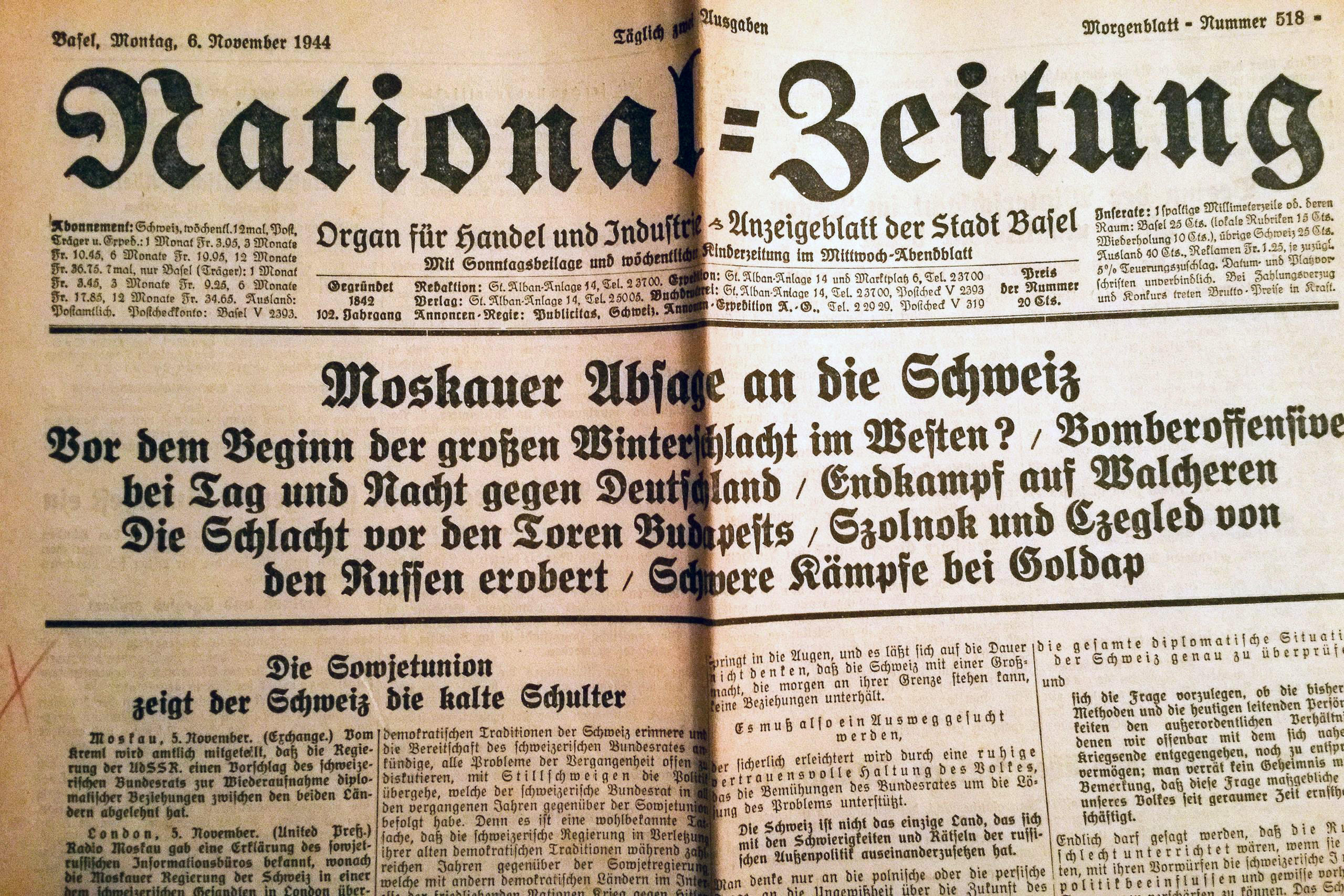
More
Switzerland and Russia go back a long way

In compliance with the JTI standards
More: SWI swissinfo.ch certified by the Journalism Trust Initiative
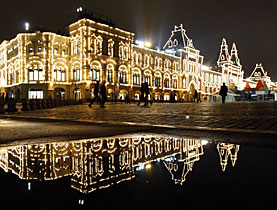

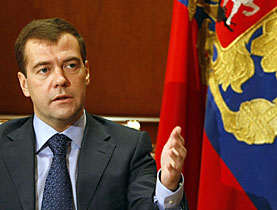
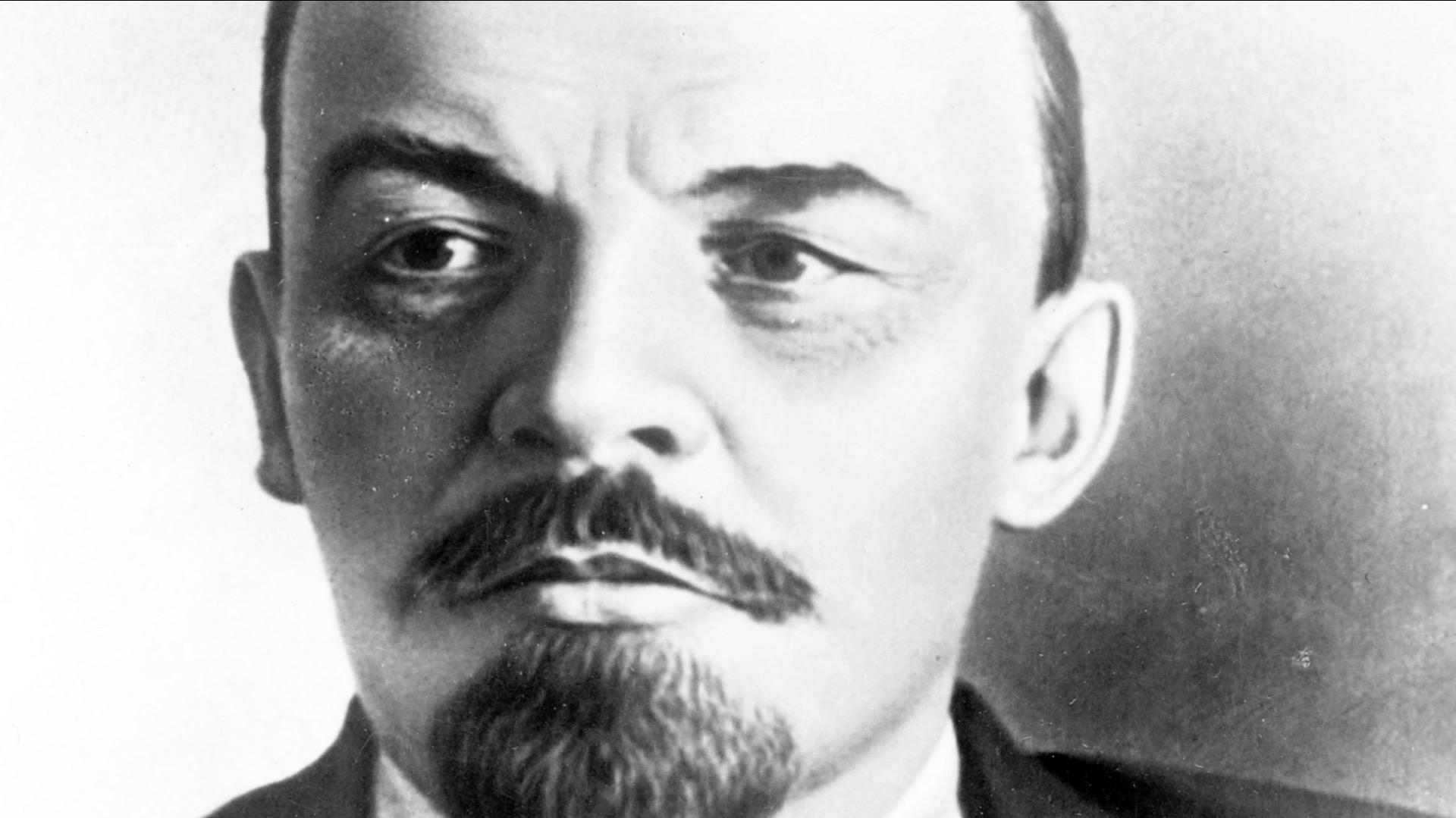
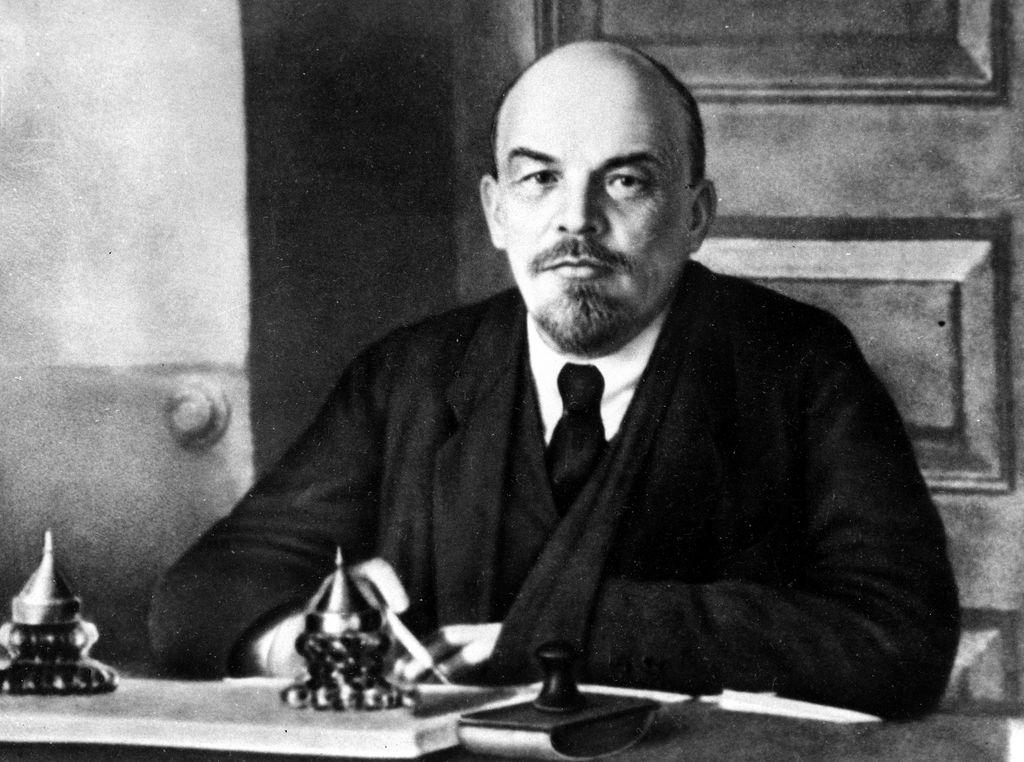
You can find an overview of ongoing debates with our journalists here. Please join us!
If you want to start a conversation about a topic raised in this article or want to report factual errors, email us at english@swissinfo.ch.